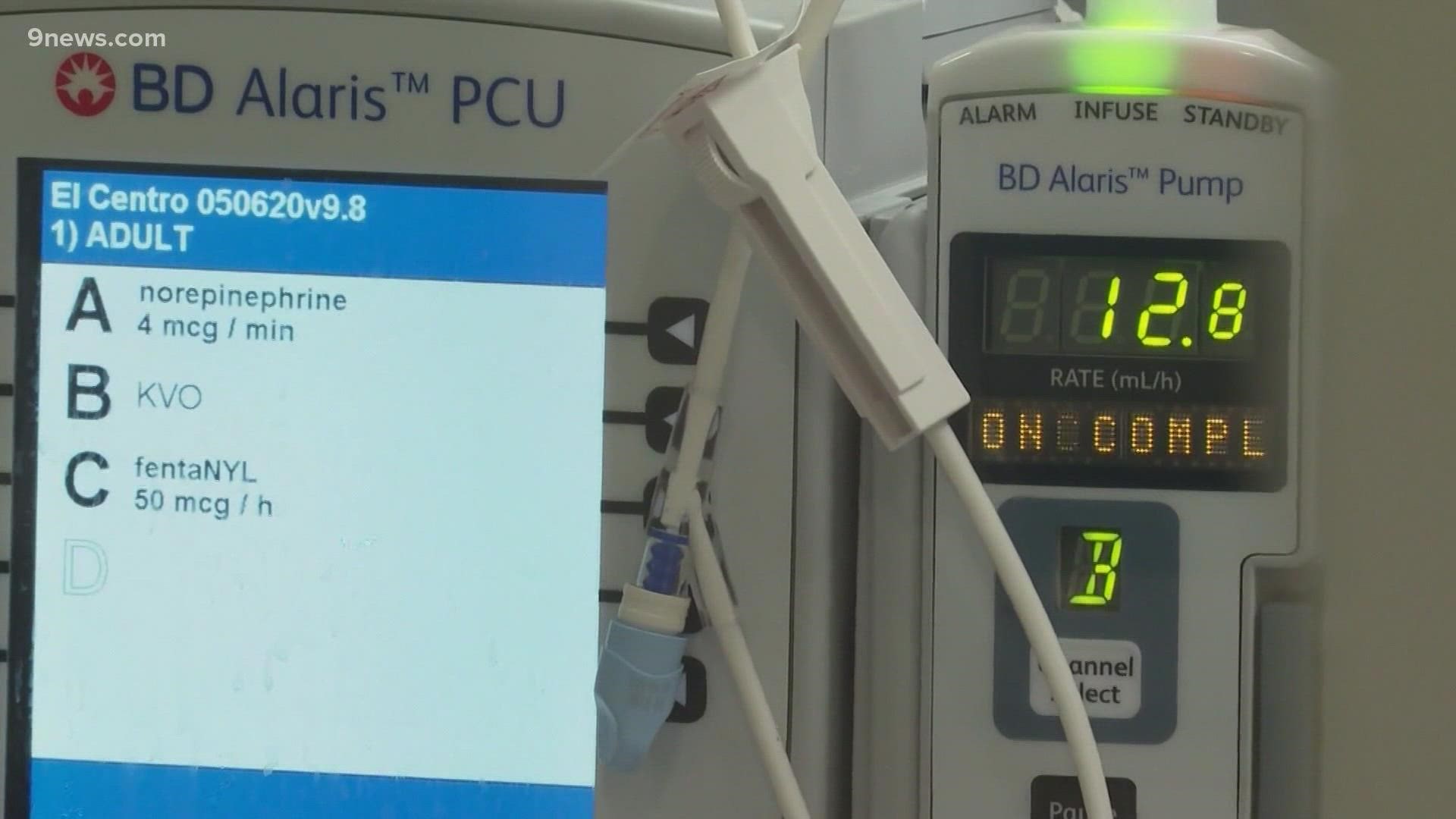AURORA, Colo. — Herd immunity was often talked about in the beginning of the COVID pandemic, but has dropped off from the dialogue as emerging variants become more prominent.
Doctors initially stated early in the pandemic that herd immunity may be attainable if roughly 70% of the population became vaccinated or naturally infected. Omicron and delta have significantly changed that target to the point where herd immunity to the point of eradication may not be possible.
"The virus has now mutated, really beyond the ability to eradicate itself in the community, I'm afraid, and so we're really now more in this consideration of endemicity of the virus," said Dr. James Neid, Director of Infection Prevention at the Medical Center of Aurora.
"It's clear that it is not achievable," Neid said.
Instead, doctors say this virus will become more like an influenza and continue to grow and change. It won't be like measles or mumps, which are almost entirely preventable with a vaccine.
Without a large percentage of people being vaccinated, the virus has been allowed to mutate.
"Two things have happened. Vaccines have been taken up significantly, but not to the threshold level that was originally proposed. Then the virus changed on us, and it keeps moving the goalposts," Neid said.
He said it's almost more helpful to think less of one herd, and instead of two.
"Amongst the vaccinated and boosted, I'll be honest, I think we do have herd immunity from severe disease progression. That's a very positive message -- you are immune if you're otherwise low risk," Neid said.
Neid warns the unvaccinated shouldn't have the same level of confidence.
"If you're not vaccinated, you're some other herd, and we don't know what's going to happen to you. You're just putting everybody around you at risk, including yourself," he said.
Neid said this is all the more reason to get vaccinated and boosted. It gives less opportunity for the virus to mutate and, in turn, could help us put some of those goals, as a society, more in reach.
SUGGESTED VIDEOS: COVID-19 Coronavirus

